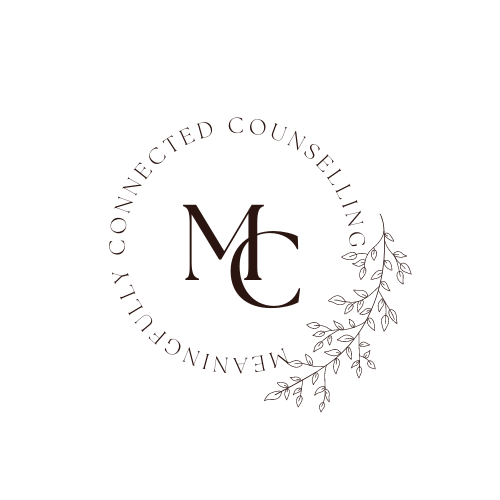
Therapy is a valuable resource for many people but there can be a lot of fear and uncertainty around it for newcomers. There is often conflicting information shared about therapy whether it’s through the news, social media, or even a colleague. The truth is each person’s experience of therapy is unique and it doesn’t look the same for everyone. Despite this, there are some myths about therapy that we can debunk to eliminate some of this misunderstanding. Here are 5 common myths about therapy and explanations on why they are not true.
1) Therapists have all the answers.
Therapists receive extensive education and training to do their best to assist you, but they do not have all the answers. In fact, the role of a therapist is to guide you through your process of self-discovery instead of giving you “answers.” A therapist should work collaboratively with you and support you while you figure out what’s best for you. This is because you are the expect on yourself, even though it may not feel that way to start.
2) Therapy is for people who are “crazy.”
This is a myth that is wrong for a couple reasons. To begin with, the term “crazy” itself is outdated and not an appropriate term to describe individuals who experience certain mental illnesses. At any given time, one out of five Canadians are dealing with mental health issues, and that was before the pandemic! Furthermore, mental health occurs on a spectrum, and we are all either flourishing or languishing in our mental health at any given time. In addition to this, therapy is not only for people with mental illness. Although therapy can be used for such individuals, it can also be helpful for clients who want support dealing with a variety of different concerns such as daily stressors, relationship challenges, and the complexity of life. Therapy is not restricted for one specific demographic – therapy is for anyone.
3) Therapy is for people who are weak.
Embarking on a journey of genuine transformation requires courage and self-awareness. It means acknowledging that you have challenges or issues that you want to address and being proactive about finding solutions. Reaching out for help is not a sign of weakness but rather a testament to an individual’s strength and determination to face life’s challenges and emerge from them as even stronger.
4) Therapy is meant to be long-term.
While some clients might want and benefit from long-term therapy, this is not necessary for everyone. Depending on your goals and hopes, short-term therapy might be right for you. This is unique for everyone and it’s best to talk to a therapist to decide what would be best for you. If you are looking for something that is more short-term, the therapist can tailor your treatment to meet your needs. For example, an approach such as Solution-Focused Brief Therapy, which was designed for shorter term therapy, might be more beneficial for you.
5) Therapy is not effective.
Again, each person’s experience with therapy is different. An important factor for considering the effectiveness of therapy is an individual’s willingness and readiness for change. If an individual is unwillingly attending therapy, they might not be ready to work on themselves and therapy might seem unhelpful to them. Once someone acknowledges that they are ready and committed, they will be more likely to experience benefits from therapy. That being said, therapy does not offer guaranteed results, but it does provide a safe space for individuals to explore their feelings, thoughts, and behaviours and is often very helpful.
Overall it’s clear that the myths about therapy should be dispelled to encourage more individuals to seek the help they need while also knowing what to expect from therapy. By understanding the truth, we can reduce stigma and dispel some of the mystery around therapy, and how it works.


